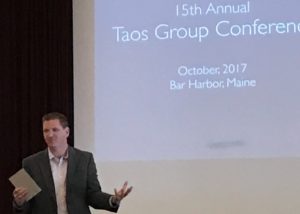
Last week I had a wonderful time visiting Bar Harbor, Maine, with a very special group of attorneys. While there, one of my favorite activities was hearing about some of the great books that others are reading. So, I figured I’d share some of my favorites here.
 The Paradox of Choice-Why More is Less by Barry Schwartz
The Paradox of Choice-Why More is Less by Barry Schwartz
In preparing for my list, this book came to mind; nevertheless, I still picked more than 10 books. We have difficulty making decisions when we have too many choices. Schwartz helps give us insights we can use in our practices, like selecting the number of defendants or theories to use at a trial.
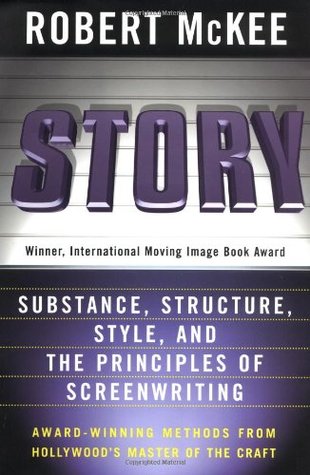 Story: Substance, Structure, Style and the Principles of Screenwriting by Robert McKee
Story: Substance, Structure, Style and the Principles of Screenwriting by Robert McKee
I’ve always been fascinated by how emotionally invested we become during a movie. This book on screenwriting can help us bring our client’s real life story to life so that the jury can truly learn about what our clients have had to endure.
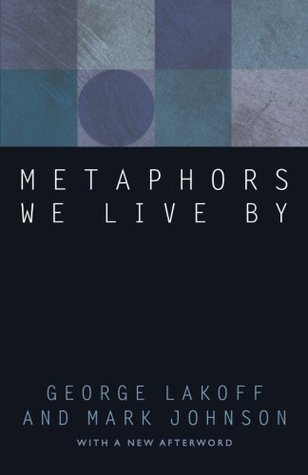 Metaphors We live By by George Lakoff and Mark Johnson
Metaphors We live By by George Lakoff and Mark Johnson
We all think in metaphors or pictures – such as she has “a mountain to climb” he “broke my heart” and “you’re running out of time.” These mental images also impact our behavior. This book can help us trigger the most effective metaphor.
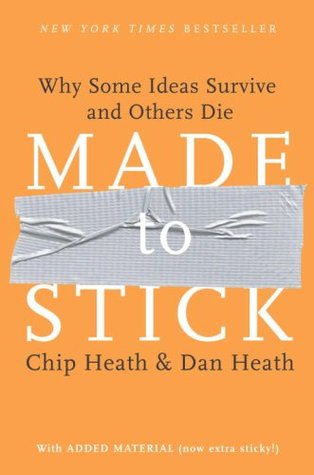 Made to Stick: Why Some Ideas Survive and Others Die by Chip Heath and Dan Heath
Made to Stick: Why Some Ideas Survive and Others Die by Chip Heath and Dan Heath
Whether it’s our trial theme or our law firm’s marketing efforts, we want to be memorable. The Heaths help show us how to make things “stick.”
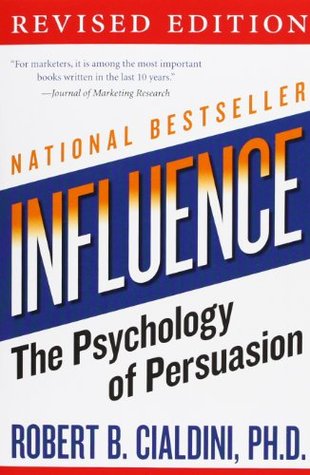 Influence: The Science of Persuasion by Robert Cialdini
Influence: The Science of Persuasion by Robert Cialdini
Attorneys, especially trial lawyers, need to be persuasive. Dr. Cialdini identifies the science behind what is persuasive.
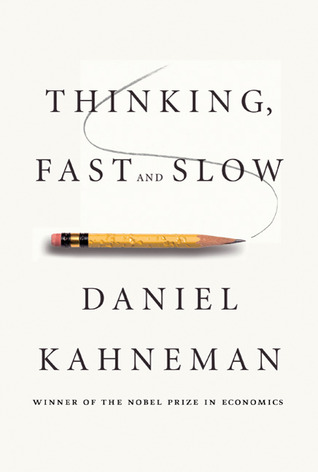 Thinking Fast and Slow by Daniel Kahneman
Thinking Fast and Slow by Daniel Kahneman
Nobel Prize winner explains how our minds process information. Brilliant explanations of fast, intuitive thought versus slower, deliberative process. Also learn about our cognitive biases and how to improve our thinking.
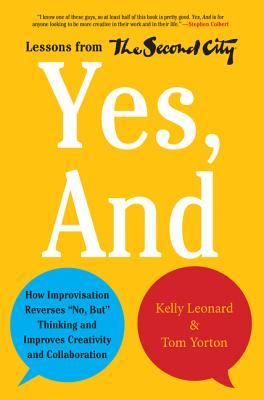 Yes, And: How Improvisation Reverses “No, But” Thinking and Improves Creativity and Collaboration by Kelly Leonard and Tom Yorton
Yes, And: How Improvisation Reverses “No, But” Thinking and Improves Creativity and Collaboration by Kelly Leonard and Tom Yorton
Second City members – Using improv to create a better team. Examples of wonderful “games” we can use to build better working relationships and creativity at our law firms.
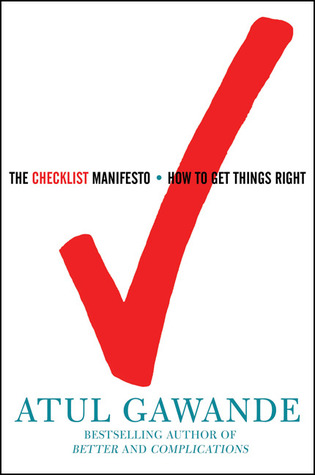 Checklist Manifesto by Atul Gawande
Checklist Manifesto by Atul Gawande
Use the technique employed by airline pilots and many others to make sure that we avoid failure. Advice on checklists – make sure they are short and simple. Also, get feedback on those who use the checklists in helping improve them.
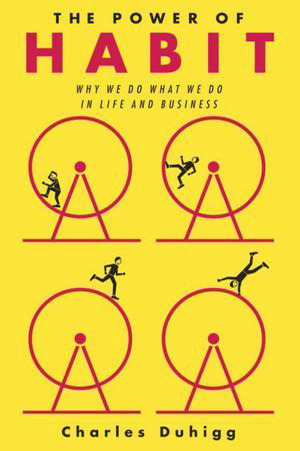 Power of Habit: Why We Do What We Do in Life and Business by Charles Duhigg
Power of Habit: Why We Do What We Do in Life and Business by Charles Duhigg
How do we create good habits and break bad ones? Learn the habit forming process; cue triggers, routine occurs, reward, and reenforce.
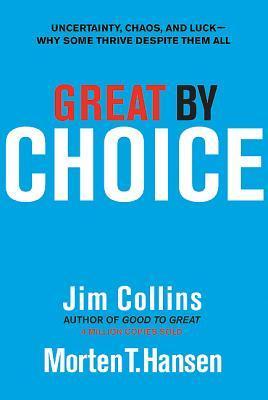 Good to Great & Great by Choice by Jim Collins
Good to Great & Great by Choice by Jim Collins
These two books look at the the most successful companies to learn what makes them stand out. Great advice we can use in our firms. Such as the misperception that success or failure occur suddenly. Typically, success and momentum occurs over years.
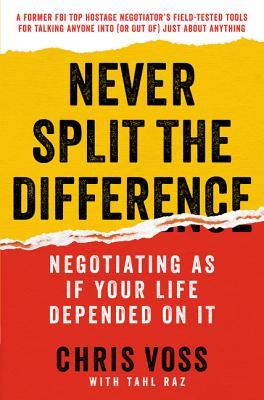 Never Split the Difference by Chris Voss and Tahl Raz
Never Split the Difference by Chris Voss and Tahl Raz
Voss, a former hostage negotiator, offers advice on negotiation. A key takeaway is that it’s crucial to strive to make sure you are being fair, even when you must reject an offer.
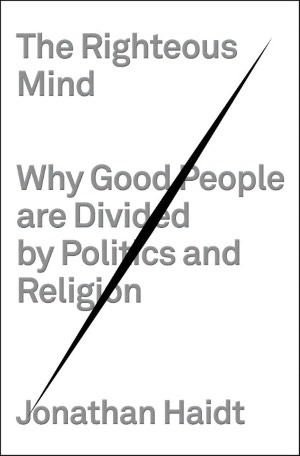 The Righteous Mind by Jonathan Haidt
The Righteous Mind by Jonathan Haidt
Explore the differences between liberals and conservatives and get a deeper awareness of how our moral values differ. For instance, liberals and conservatives look at fairness far differently and a trial lawyer should be away of the best way to frame a case based on the worldview of the jurors.
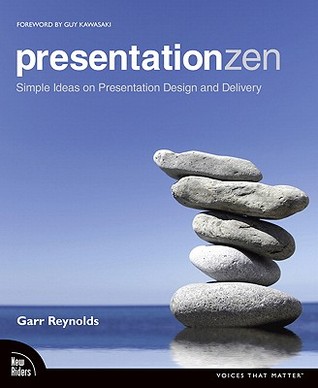 Presentation Zen: Simple Ideas on Presentation Design and Delivery by Garr Reynolds
Presentation Zen: Simple Ideas on Presentation Design and Delivery by Garr Reynolds
Learn how to make better presentations with concepts borrowed from the world of Zen.
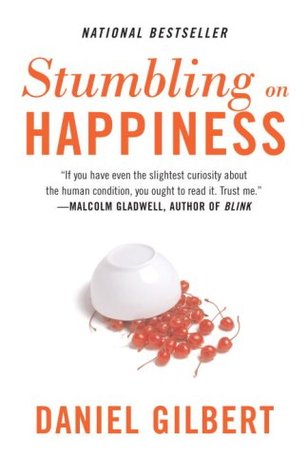 Stumbling on Happiness by Daniel Gilbert
Stumbling on Happiness by Daniel Gilbert
Lawyers have too high a rate of depression and stress. Learn the science of joy and the many misperceptions that distort the quest for happiness.
Reader Interactions